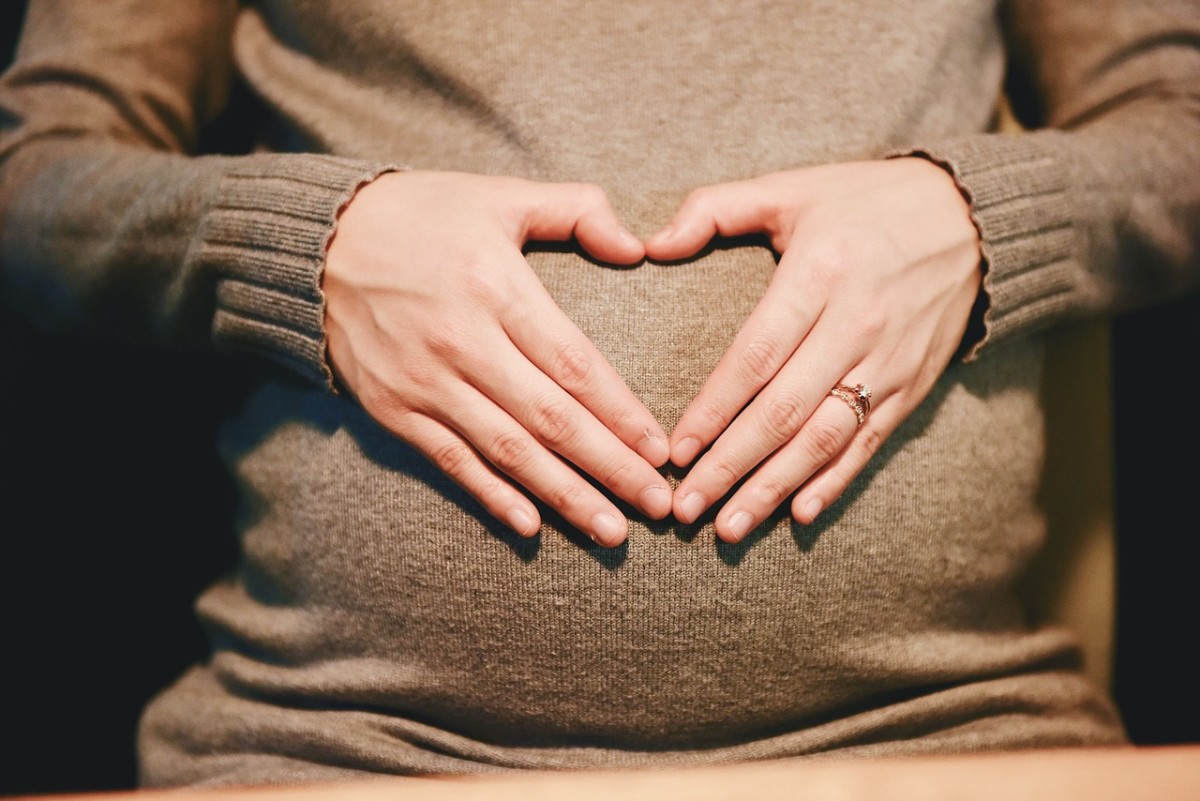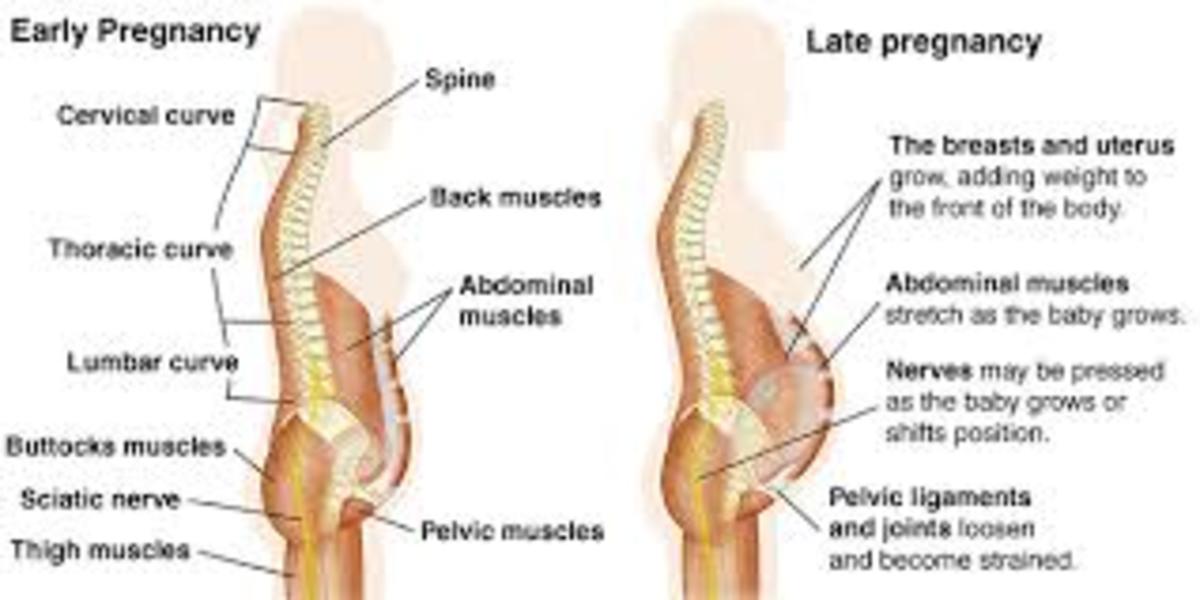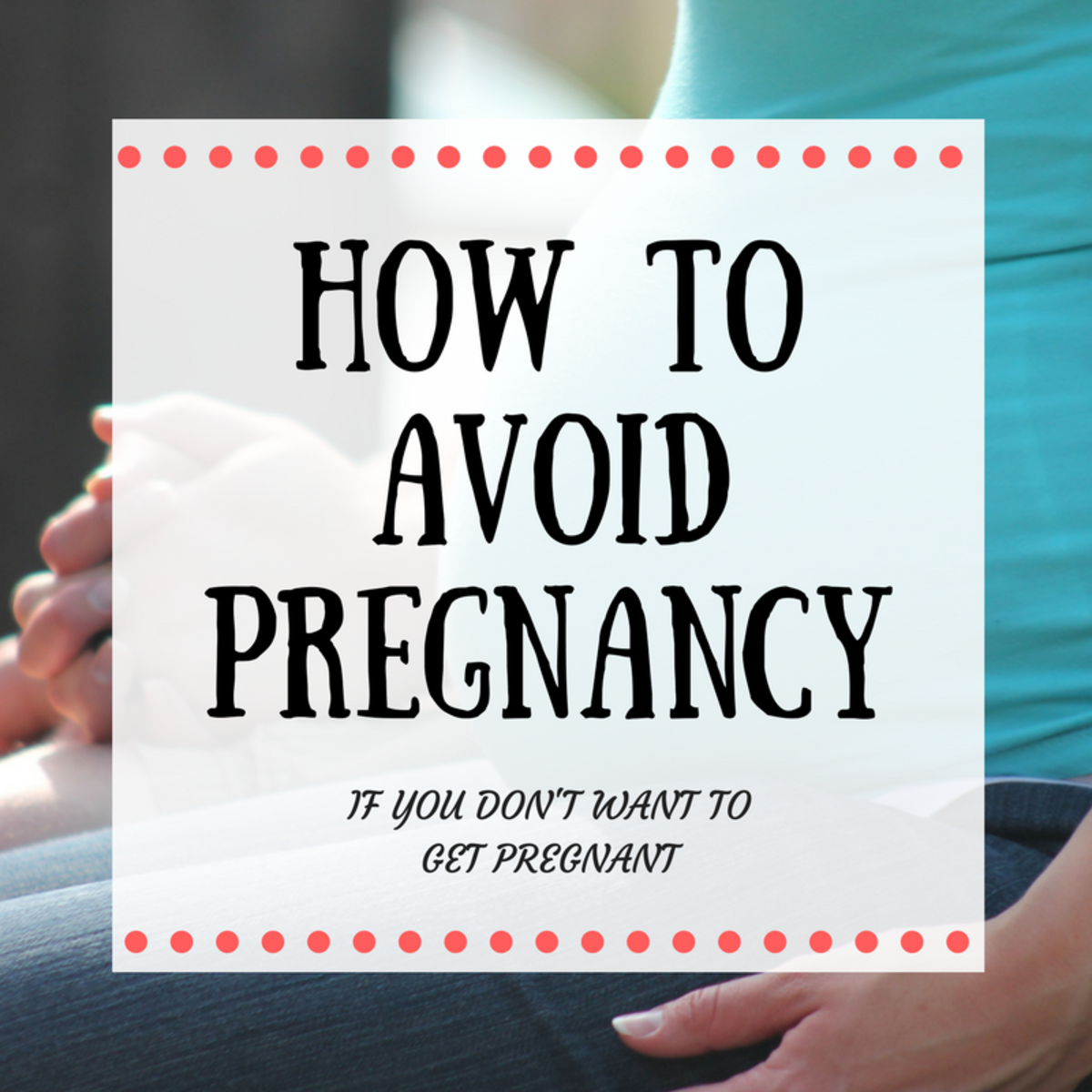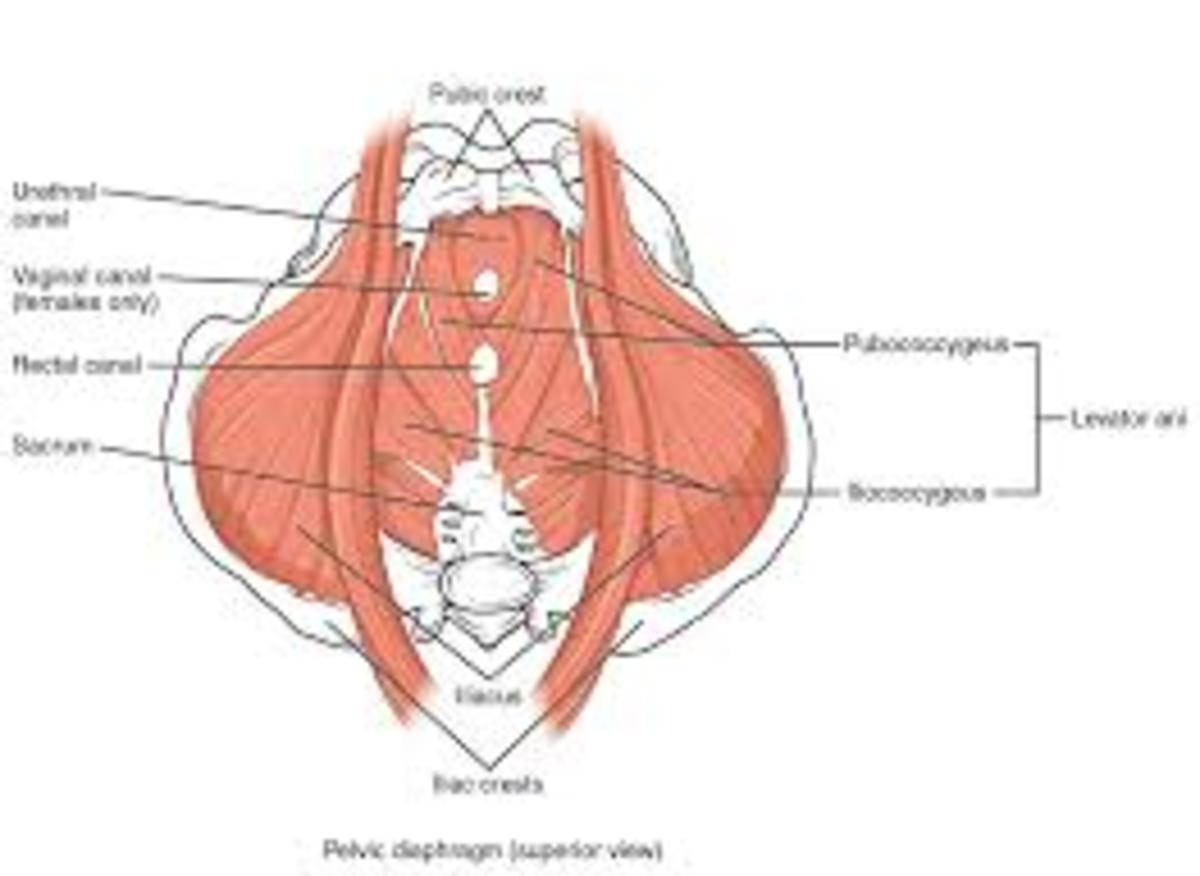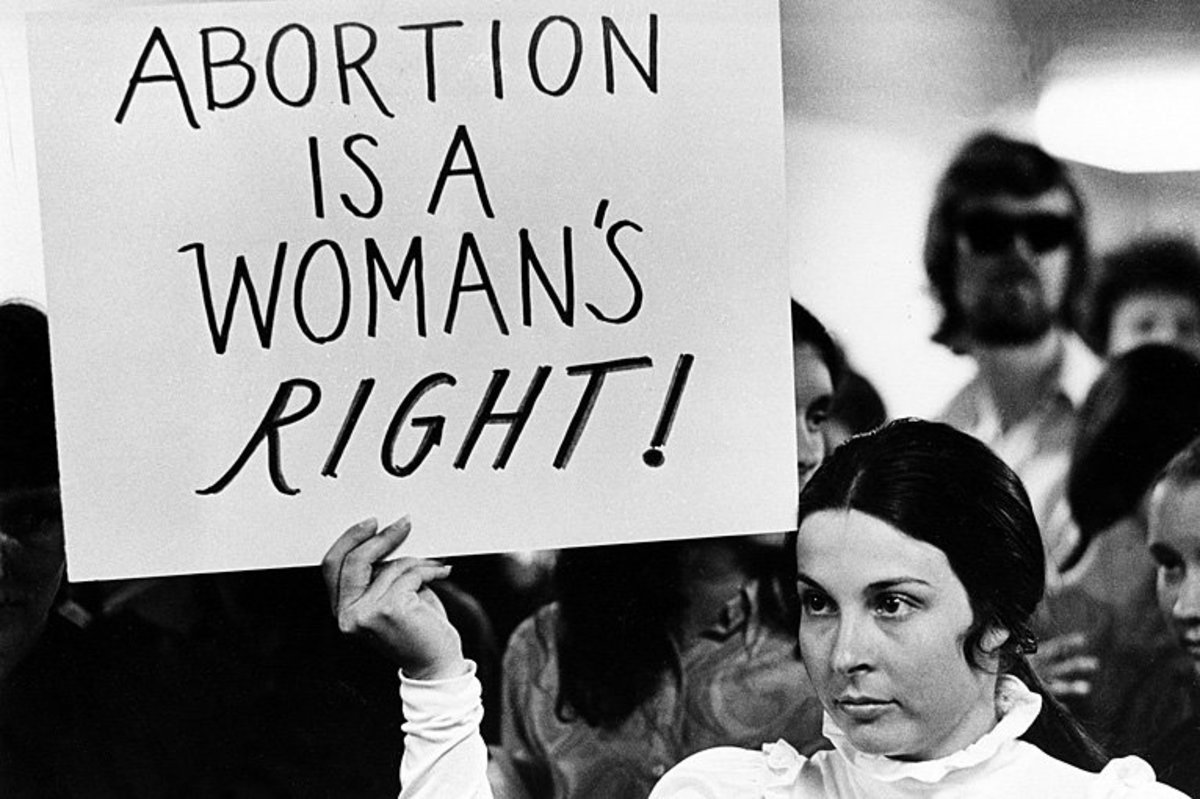Postpartum Symptoms and How to Handle Them
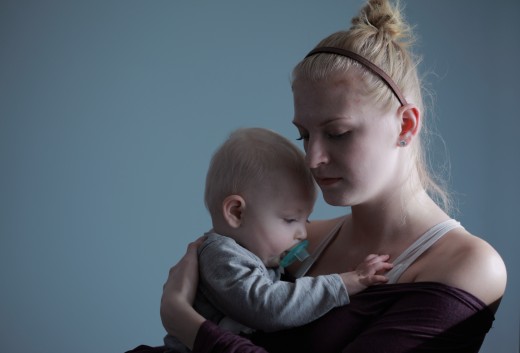
Pregnancy does wacky things to your body. Your hips spread, your stomach splits and swells, you gain weight, you stretch in other places, and if you’re one of the lucky ones, you get stretch marks, varicose veins and swollen feet and hands. Your body is doing everything it can to accommodate the little one or ones growing inside you.
Not to mention the outward changes, your hormones also go every which way, you lose your mind, you lose sleep, your tastes and preferences change, you’re puking all the time and you have absolutely no control over your emotions. And then if you’re breastfeeding, you don’t even get your body back to yourself until you decide enough is enough.
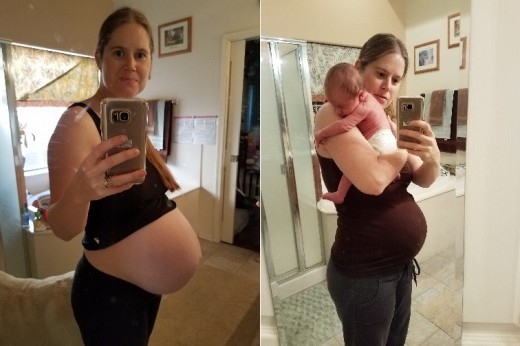
I know I make pregnancy sound amazing, but although it’s hard, it really is truly miraculous. At some point after 38 weeks or so, you get to hold this incredible, wonderfully cute creature, that loves you more than anyone else in the world, in your arms. There is absolutely nothing that can replace the miracle of having your own children.
However, after finally giving birth, you are ready to look and feel like yourself again. Unfortunately, to every mom’s disappointment, that doesn’t happen for a little while. Like the common saying, “it took 9 months to get to that point, it’s going to take at least that long to get back.” Don’t you hate hearing that? Moms with multiple kids get to hear it over and over again.
So what can we really do about all the crazy postpartum symptoms that come from carrying a baby for almost a year? Is it possible to get back to normal within some kind of reasonable time frame? Absolutely! Though I can’t promise much on the sleep and pregnancy brain horizon, I do have some suggestions for everything else.
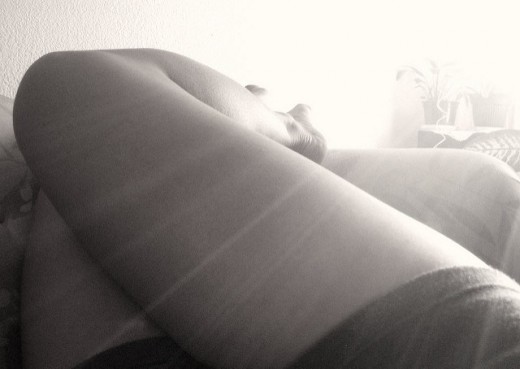
Wide Hips
I’m sure you’ve read, or at least been told by your doctor, that during pregnancy everything gets looser. A hormone called relaxin purposely softens all of your joints and ligaments so that your rib cage can spread to allow room for the growing baby inside of you, and your hips bones can spread to give the baby room to exit during labor.
So many sources suggest using some kind of binding on your hips shortly after pregnancy, such as Shrinkx Hips, to pull everything back into place while the relaxin hormone is still in your body. However, if having your body bound for up to three months after giving birth doesn’t appeal to you, or you simply don’t have the resources to get ahold of one, don’t stress.
This is a perfectly normal process and your hips will likely return to their normal positioning, or close to it, with a few tricks. First of all, watch your diet. Losing the weight you gained during pregnancy is one of the best ways to get your pre-pregnancy size back. Lay off the junk foods and snacks. Fill your diet with lots of healthy fruits and vegetables, sufficient protein, and whole grains, along with enough water to refuel your body. (The suggested amount is at least 10-8oz glasses.)
There are also many great exercises that you could do to help your body get back in shape, but simply walking around the block after dinner each night is enough. Carrying around your new little one will be plenty of exercise, and if you have more than one, you’ll have plenty of exercise in the future.
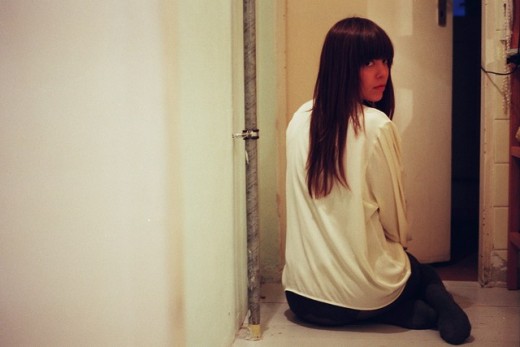
Flabby Stomach
This may be one of the most surprising symptoms for first time moms. After you have your baby, you are supposed to lose approximately 10-15lbs immediately that can be attributed to the baby, the placenta and the extra fluids you were carrying for the baby. However, you still look about 6 months pregnant the next day.
Don’t be alarmed, your stomach will return to normal in time. Your uterus is still trying to shrink from being big enough to carry your child inside you, and your ribs and all of your organs still need to slowly return to their original position. There are a few things you can do to speed the process along.
The most important thing you can do is to drink enough water. I know I already said this, but water is what fuels your body and allows it to take care of all of your functions. Water also flushes out any toxins from your body and brings it back to balance.
Once again, it’s critical that you are eating a well-balanced diet. If you are eating junk food and not eating what you need, in the right portions, to lose weight, you will make this process last even longer. Fruit, vegetables, whole grains and a protein source are necessary.
And, if you’re so inclined, doing the right exercises can also help you to lose weight and tone your middle so you can return to normal faster.
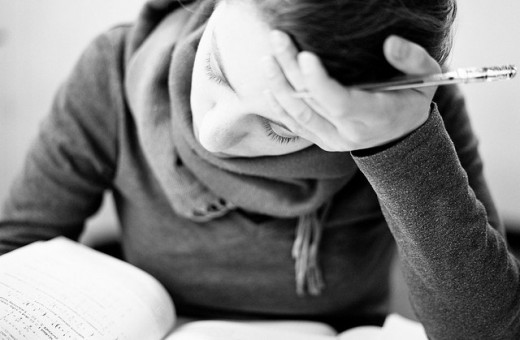
Forgetfulness
Other than the widely documented “baby brain” that everyone talks about, there is a real reason why you seem to have lost your mind. Just hormones and sleep deprivation all on their own can be the cause of your forgetfulness.
Consider everywhere your mind is going right now. You have a small, fragile, helpless infant that needs you every second of the day and takes up most of your energy and brain power. Then you are trying to take care of yourself, possibly one or more other children, and don’t even think about the house. It’s no wonder you have nothing left for some of the more basic things in your life.
Don’t worry about chores, playdates, and taking care of friends and family right now. Those things will come later when you’ve gotten through this critical period of yours and your newborn’s lives. You have enough to worry about. Make sure you’re getting a healthy diet, especially if you’re breastfeeding. Do what you can to get as much rest and relaxation for yourself as possible, and find ways to cope. Maybe you can make lists on your phone or on the counter for groceries, things that need to be done, etc. so you don’t have to try and remember.
Know that this won’t last forever.
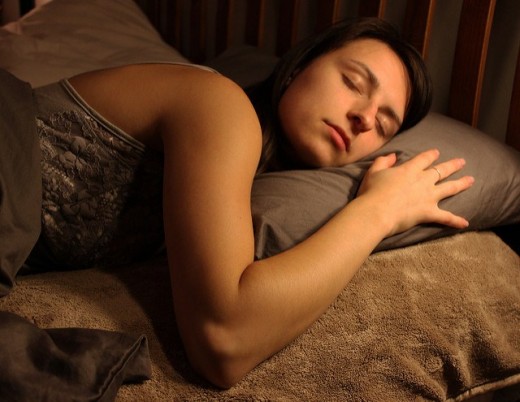
Exhaustion
This is another symptom that’s par for the course when you’ve 1) just had a baby, and 2) are now trying to take care of that baby and yourself. Hormones and sleep deprivation are bound to be the biggest culprits of your exhaustion, and know that it’s exhausting being needed 24/7 by another human being, especially one you have to carry around all the time.
You are likely feeding, diapering, washing, napping, and entertaining this new little being every second of the day and trying to do the same for yourself. But you can find some relief in this trying time.
You’ve heard the standard “rest when the baby rests” and it’s true. Even if you just close your eyes for a mental break while feeding your baby, this can be restful to an exhausted system. Don’t push yourself right now. You’re not going to be able to do everything you did before, at least not for a while. The dishes can be dirty and you can eat spaghetti and pizza for a while if need be.
A few other things that can give you a little relief are eating a healthy diet, taking a shower, going for a walk, and asking for help. Keep some fresh fruits and veggies around so you can munch throughout the day. You’d be surprised how good a short walk with the baby in the daylight can feel when you don’t feel like you could even walk without effort right now, and lay the baby somewhere safe in the bathroom for a quick refreshing shower. Most importantly, ask friends and family for help. This can be meals for your family, doing some chores or errands for you, or even holding the baby so you can take a nap/shower/go to the bathroom alone.
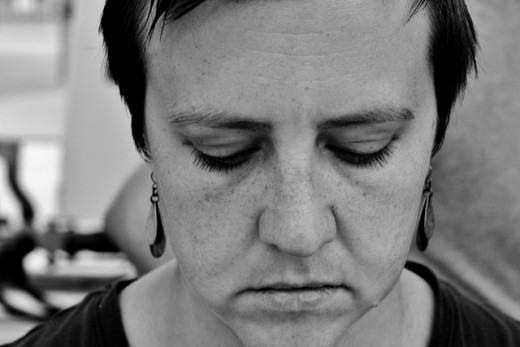
Depression/Anxiety
Postpartum depression and anxiety are serious conditions. Feeling worried, sad or stressed after childbirth is perfectly normal, and the feeling may last for a couple weeks or so until you start getting the hang of it. Although, while the baby blues tend to pass quickly, postpartum depression or anxiety can be long-lasting and can severely affect a woman’s ability to get through her daily routine. Some of these symptoms include:
- withdrawal from friends or family
- feelings of wanting to hurt yourself or the baby
- loss of appetite
Check out these 8 warning signs of postpartum depression from WebMD. If you think you may have one of these issues, please contact a professional immediately and they will know how to help you. While this is perfectly natural and doesn’t say anything bad about you, it is serious and you deserve some help.
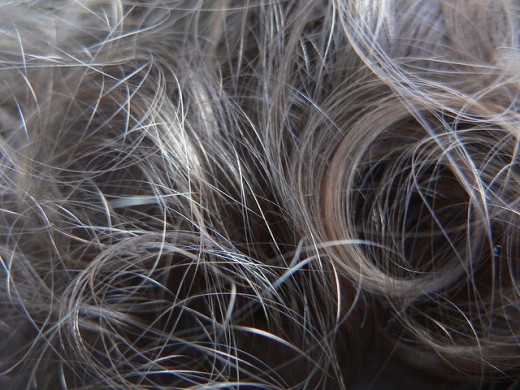
Hair Loss
During pregnancy your hair typically gets really thick and luxurious due to all of the new hormones coursing through your body to take care of the baby. Then as your body returns to normal, after having your baby, all of that extra hair sheds.
Research shows that, as your hair growth cycle typically takes about 3 months, it can take between 6 to 12 months for your hair to get back to normal. Don’t worry, you’re not going to go bald, but you will be cleaning up hair for a while. It’s especially bad if you have really long hair. There are a few things you can do to help this process out though.
First of all, get yourself a good haircut. The less hair you have, the less mess you will have to deal with, and this will also make your hair that much more healthy. Give your hair a good brushing first thing every morning and just before you go to bed at night to get rid of any hair waiting to fall out. Finally, wash your hair with a good shampoo and conditioner every day to every other day to keep it in good condition.
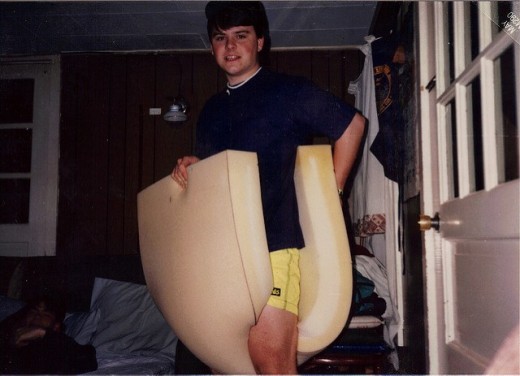
Bleeding
The bleeding you experience after childbirth is called lochia. This is your body cleaning itself out from nine months of pregnancy and baby. You can expect heavy flow for at least the first week or two and then it should start tapering off for you. I know this is the last thing you need with all of the other postpartum symptoms, but in truth, this part is good.
For some women, that week or two is enough and they will no longer see any bleeding, but for others, a lighter version may continue for another two to four weeks. Usually this depends on how much activity you are getting. Are you laying down resting and taking care of yourself and your new little one? Or are you trying to get back to chores and your other responsibilities? The more active you are the longer it will last.
The first four to six weeks after you have a baby should be a time of resting and allowing your body to heal. If you can do this, you will see the flow and the color taper off until you are no longer bleeding. If for some reason your flow becomes heavier rather than lighter, and you see the appearance of clots, something is wrong. This may be Postpartum Hemorrhaging (PPH) and you need to see your doctor or midwife immediately.
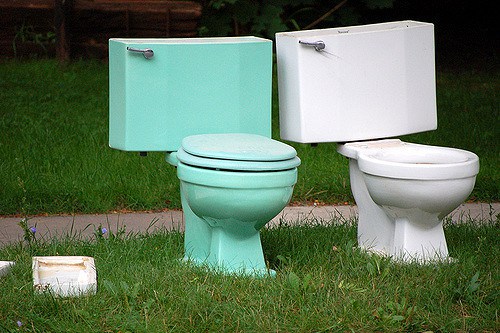
Constipation
If you had problems with constipation or hemorrhoids during pregnancy, the problem will most likely continue for a while after birth as well. Although these issues during pregnancy are usually caused by pressure from the baby pushing down on critical areas making it difficult for you to use the bathroom, after you have your baby, 1) much of the damage has already been done and your body needs to heal and 2) the hormones coursing through your body can make your digestion a little slower.
Women then typically make it a little worse because they are either hesitant to push due to worry that something might fall out, which keeps it all inside your system for longer, or they continue to force it when they go to the bathroom just trying to get it over with, further exacerbating the problem.
This doesn’t mean that you are doomed to these kinds of problems for life. Here are some simple tools for helping you get healed and moving again in the bathroom department. Drink tons of water (10-8oz glasses a day is recommended), eat lots of fresh fruits and veggies to get your digestion system working properly again, go for a daily walk even if it’s just a short one, invest in a stool for your toilet (it’s worth doing some research on this topic), and soak in a bathtub with Epsom salt every day. Seriously!
Postpartum Symptoms and Solutions
Symptoms
| Solutions
|
|---|---|
Wide Hips
| Drink Lots of Water
|
Flabby Stomach
| Get Some Rest
|
Forgetfulness
| Ask for Help
|
Exhaustion
| Get a Healthy Diet
|
Depression/Anxiety
| Get Out and Go for a Walk
|
Hair Loss
| Take it Easy on Yourself
|
Bleeding
| |
Constipation
|
Postpartum symptoms are no joke. You’ve likely just had a hard 9-10 months of pregnancy complete with body aches, exhaustion, nausea, swelling, etc., unless you’re one of the lucky ones, followed by a hard childbirth. Now as relieved as you may feel to say goodbye to all of your pregnancy symptoms, you’re taken off guard by a new host of postpartum symptoms.
Just as pregnancy symptoms lasted about 9 or 10 months, you can probably expect many of your postpartum symptoms to last about as long as your body heals and returns to normal. However, if you take good care of yourself, get rest, plenty of water, a healthy diet, and some light exercise, you may see many of these disappear much sooner than that.
Be aware of how you feel and what you need. There’s no need for you to be hampered by any of these for long, and there’s no shame in asking for help. You are going to have a new normal now that you are a parent, or at least a parent of another little one. I assure you that the ride is going to be fantastic from here.
This content is accurate and true to the best of the author’s knowledge and does not substitute for diagnosis, prognosis, treatment, prescription, and/or dietary advice from a licensed health professional. Drugs, supplements, and natural remedies may have dangerous side effects. If pregnant or nursing, consult with a qualified provider on an individual basis. Seek immediate help if you are experiencing a medical emergency.
© 2018 Victoria Van Ness

